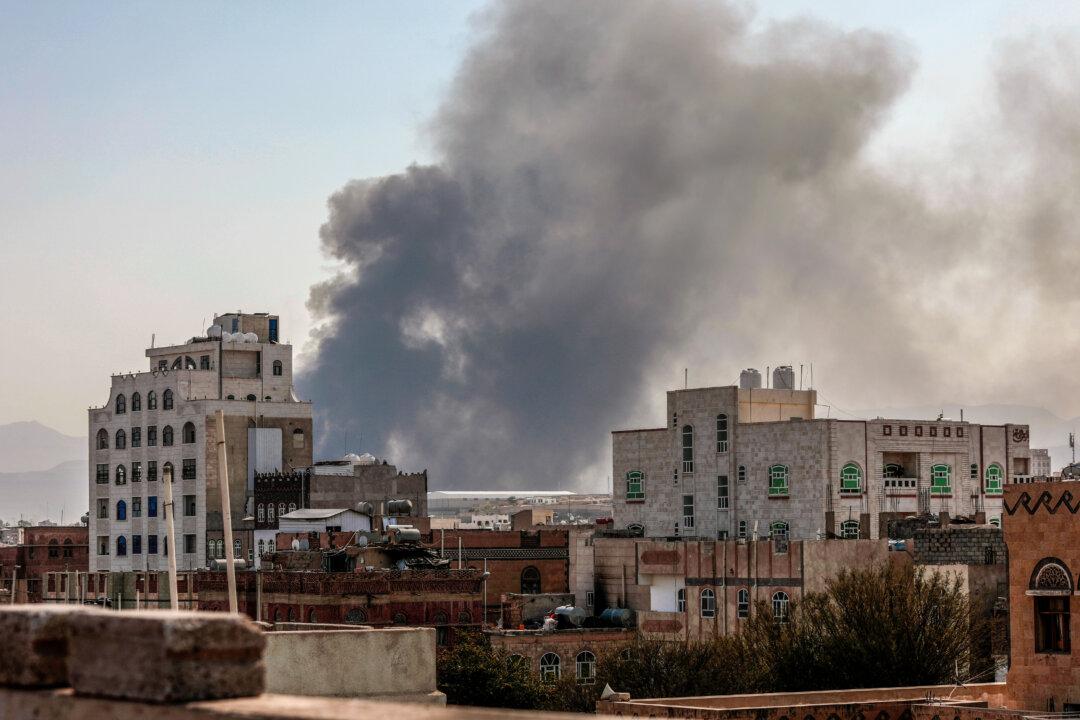Sen. Rand Paul (R-Ky.) has introduced a joint resolution to block the sale of millions in weapons to Saudi Arabia, citing the need to end U.S. support for the kingdom’s bloody proxy war in Yemen.
Paul was joined by Sens. Mike Lee (R-Utah) and Bernie Sanders (I-Vt.). Rep. Ilhan Omar (D-Minn.) introduced a similar resolution in the House earlier this month.




